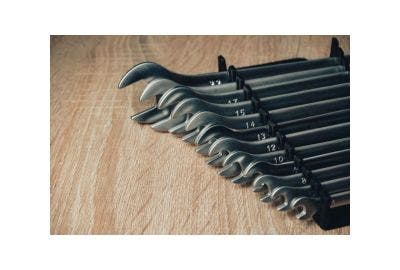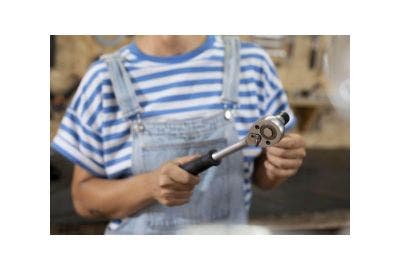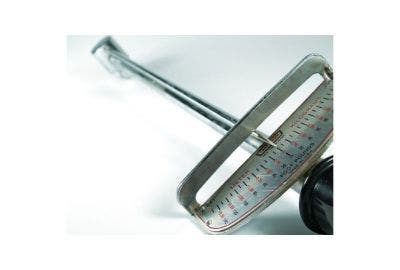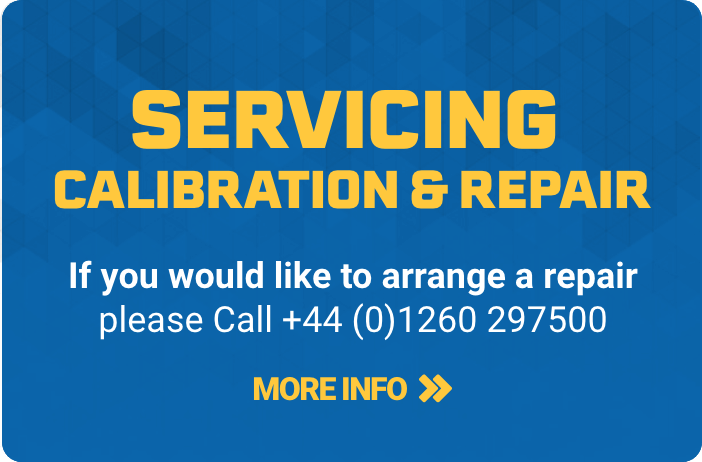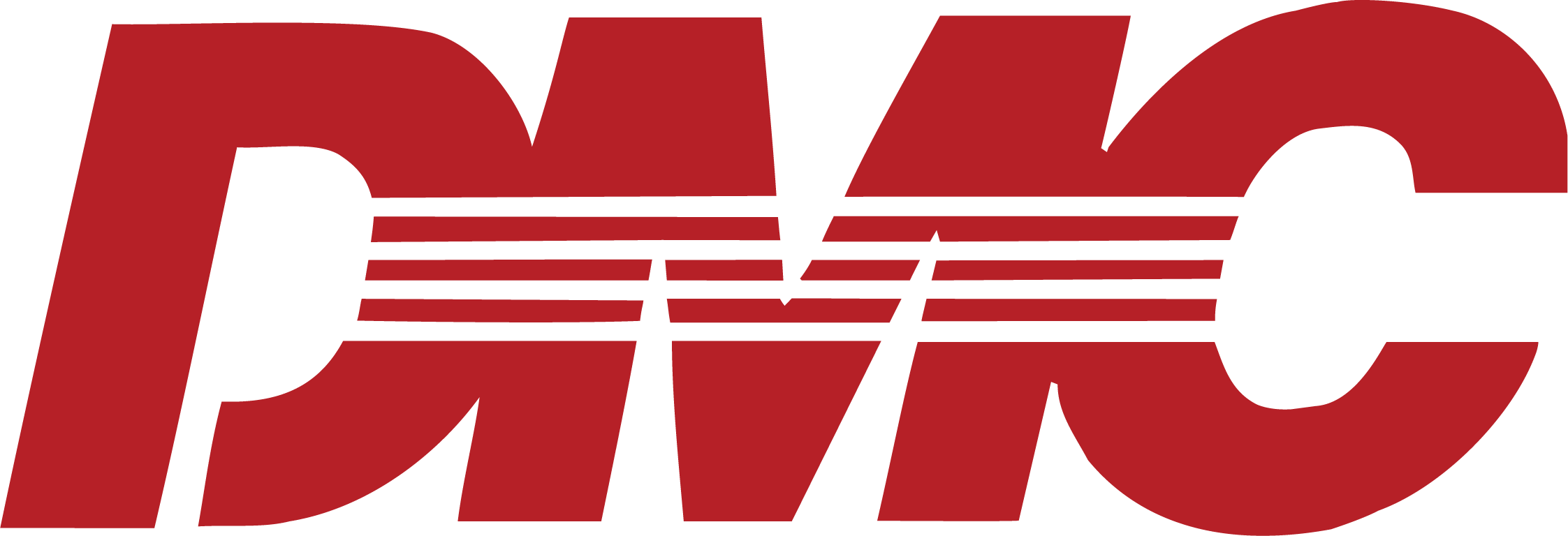Need to install fasteners and be able to tighten and loosen them accordingly? Different types of wrenches can do this job, but which one will you need for your specific task? A torque wrench or a ratchet wrench?
Very few people understand the technical differences between these two tools, which can lead to mechanical problems and even safety hazards.
For example, using the wrong tool to complete a specific task can be detrimental in certain industries, such as the automotive industry.
So, we have written this blog so you can choose the correct tool to complete your job efficiently and safely.
What Is A Torque Wrench?

Used by mechanics, agriculturists, plumbers, engineers, and technicians alike, a torque wrench is invaluable when applying the right amount of torque to a fastener, i.e. so it is tightened to its required tension.
A torque wrench is also a must-have tool for any DIY enthusiast since many nuts or bolts around the home need tightening to a specific level.
Finding the right tool for your specific needs is more challenging with having a range of torque wrenches on the market.
However, most torque wrenches will have similar features. These are as follows:
- They will have a torque reading gauge, screen, or easy-to-read scale to enable the operator to understand the tightness level of a fastener. It is not the case for preset torque wrenches.
- Torque measurements are taken in foot-pounds or newton-metres (Nm).
The torque wrenches that Heamar supplies are by Bahco, Expert by Facom, Gedore, Klauke, Mountz and Stahlwille.
Below are different types of torque wrenches, all popular with many professionals in varying industries.
Preset Torque Wrenches

If you need to ensure that you are applying the same amount of torque to different fasteners, then a preset torque wrench is a good tool for the job.
To reduce the risk of a nut/bolt coming loose, you need to ensure you're not under-torquing. Equally, over-torquing can be a problem.
For some machinery/appliances, the tightness of its fasteners is crucial to their performance. An under-torqued fastener will enable slight separation between it and the machinery/appliance, which, over time, will grow, reducing tightness even further.
On the other hand, an over-torqued fastener can damage machinery/appliances. For example, if lug nuts on a vehicle’s tyres are over-tightened, it can cause premature brake wear, impacting the ability to stop.
So, whether fasteners are under or over-torqued, they can cause damage to equipment and create a hazardous environment, particularly in an industry where heavy machinery is used, such as the mechanical or agricultural industry.
The torque will be pre-established when you order a preset wrench from Heamar, such as the Mountz 1/4" Preset Click Torque Wrench.
Alternatively, a torque analyser will enable you to change the torque setting.
Adjustable Torque Wrenches

If you are looking for a torque wrench that lets you change the torque settings easily and quickly on multiple fastening jobs, consider acquiring an adjustable torque wrench.
For example, the easy-to-use external scale on an Bahco 3/8" Adjustable Click Torque Wrench 20Nm - 100Nm allows you to set the desired torque level. Furthermore, its handle gives maximum comfort and is useful when working for long periods.
Digital Torque Wrenches

A digital torque wrench, also known as an electronic torque wrench, will allow you to easily and quickly program a torque value.
The Stahlwille 9mm x 12mm Torque Wrench effectively prevents torque overload. It does this by triggering an acoustic signal when over-torquing occurs.
Additionally, you can apply settings easily via a convenient keypad, and because the keyboard automatically locks, it will not change by accident.
Dial Torque Wrenches

Mainly used to monitor and verify torque amount due to its level of accuracy, a dial torque wrench is an effective quality control tool, particularly in the automotive and aerospace industries.
Although this type of torque wrench tends to be bigger than others, making it difficult to use in narrow spaces, it quickly enables the user to conduct a visual torque verification test.
Heamar offers the Gedore ADS 4 1/4” Measuring Torque Wrench, which captures the torque level with a memory pointer.
This tool can conduct a clockwise and anticlockwise measurement, meaning it can loosen and tighten nuts or bolts when used with a double-ended ratchet.
What Is A Ratchet Wrench?
When performing simple tasks where nuts/bolts must be quickly and efficiently tightened or loosened, then a ratchet wrench is the tool you need.
With a standard wrench, you must remove it from the fastener and reposition it between each turn, slowing the process down.
However, a ratchet wrench has a ratcheting mechanism, allowing you to tighten or loosen a fastener without needing to remove the wrench.
Where precision is required less, but speed and efficiency are a must, such as for tasks within the home and other DIY projects, a ratchet wrench may be preferable over a torque wrench.
Heamar offers ratchet wrench sets (also known as ratchet spanner sets) that come in handy when tightening or loosening a range of fasteners.
When Should You Use A Torque Wrench Instead Of A Ratchet?

Below are the types of circumstances you should use a torque wrench over a ratchet:
- During heavy-duty applications; for example, when working on cranes where serious injury is likely due to incorrect levels of torque if fasteners are over-tightened.
- Precision fastening, where equipment may be unsafe and unusable if fasteners are over or under-tightened, such as in medical or electronic assembly.
- Fasteners should be tightened according to manufacturer recommendations when maintaining or repairing a car or bike.
- Rotating parts on machinery like a helicopter may cause uneven force distribution if over or under-torqued.
Advantages of Torque Wrench

Below are some advantages of a torque wrench when compared to a ratchet wrench:
Increased accuracy when measuring and delivering torque and enables more precise and safer applications.
Easy to use with various styles available, i.e. different screen/scale types, to suit the user and specific task requirements.
Advantages of Ratchet Wrenches

Below are some advantages of a ratchet wrench when compared to a torque wrench:
- Thinner profile for constricted or hard-to-reach places.
- Ratcheting mechanism allows for faster work without having to remove the wrench from the fastener.
Whether you require a torque wrench or ratchet wrench, Heamar offers a wide variety of tools, including must-have accessories, to help you create the best tool kit.



